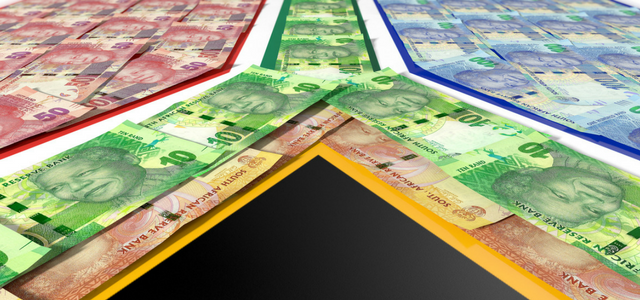Our Minister of Finance’s budget speech is not only going to be under the magnifying glass by rating agencies this week but also by South Africans. Some announcements can have an unfortunate effect on over-indebted individuals. Many South Africans are already applying for credit on a huge scale as it is. And if indirect taxes, income tax and/or Value Added Tax (VAT) are increased – the situation could worsen.
According to the National Credit Regulator’s Credit Bureau Monitor (Third Quarter 2016) records held that 24.25 million people were credit-active consumers at the end of September 2016. And 9.85 million of these consumers were classified in bad standing. The NRC’s statistics, therefore, indicate that the number of consumers with impaired records has increased by 178 000.
Here are a few things we are concerned about (for consumers’ sake) if increases are confirmed on Wednesday, 22 February 2017:
INDIRECT TAXES
Include fuel and tyre levy, sugar, excise duties on alcohol and tobacco as well as incandescent globe tax for example. These increases can rip consumers’ pockets and the people that already have major debt are left helpless. These taxes can typically have an effect on the poor and middle class.
VAT
Value Added Tax is a type of consumption tax placed on goods and services at their final value or purchase price. VAT increase doesn’t mean salaries or income increase, leaving South Africans in a daily struggle (like buying groceries for example) as some families barely have enough to get by as it is.
INCOME TAX
Income tax is the tax levied on your personal income. It is indicated as PAYE on your salary slip.
South Africans are holding thumbs this week for some good news and a bit of relief for their pockets. But if the above taxes are increased, however, over-indebted individuals will not be so lucky. They might need to explore professional debt management options to get rid of their expanding debt piles.
